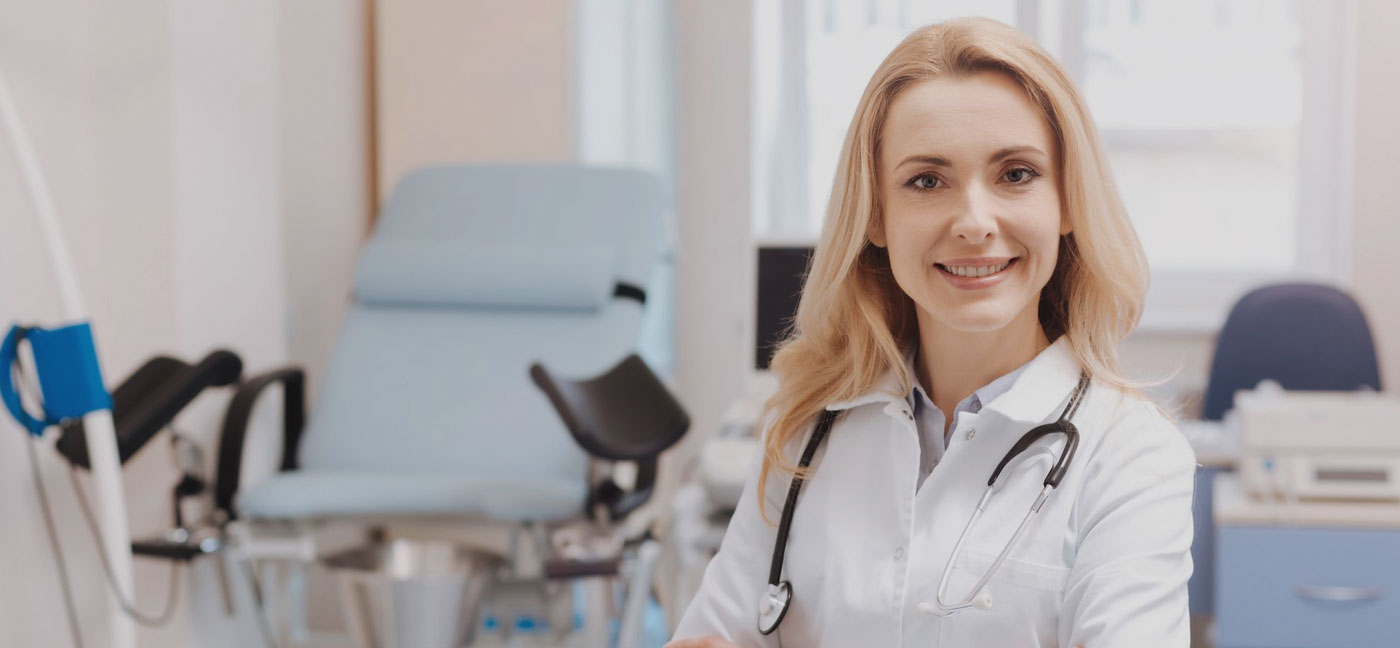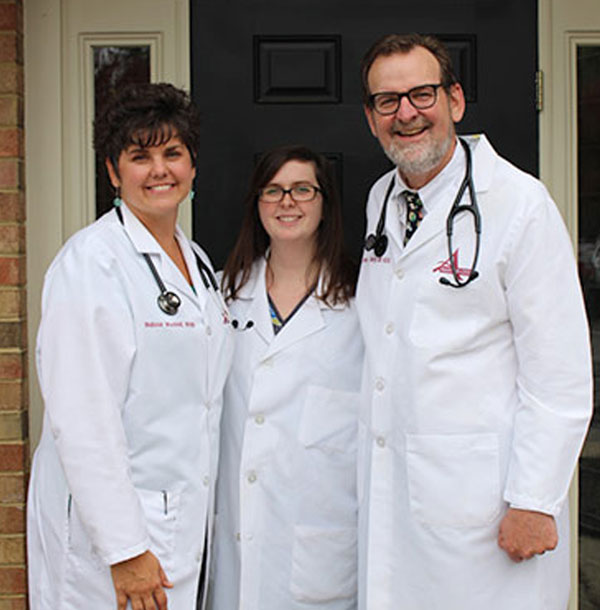Morning Sickness
What is morning sickness?
Morning sickness is nausea or vomiting that usually occurs during the first 20 weeks of pregnancy. 50-80% of pregnant women have morning sickness during the first trimester. The symptoms often occur in the morning (from 6-9am) but may occur any time during the day. It usually goes away by the second trimester, when the level of pregnancy hormones in your body falls.
When morning sickness is severe it is called hyperemesis gravidarum. If you have severe morning sickness, you will need to go to the hospital to get IV (intravenous) fluids and to have some tests. This is characterized by vomiting continuously throughout the day where you can not hold down any food or liquids for 24 hrs.
How does it occur?
It is not understood why some women develop morning sickness and others do not. Women with high levels of pregnancy hormones tend to have morning sickness and have it in future pregnancies. It is also more common among women who are pregnant with more than one baby (such as twins or triplets).
What are the symptoms?
Mild symptoms include nausea, queasy stomach, and vomiting 1 to 2 times a day.
The symptoms of severe morning sickness include:
persistent vomiting shortly after eating or drinking anything, including water
weight loss of 10% of your original body weight
dehydration
metallic taste in your mouth
concentrated, dark-colored urine.

How is it diagnosed?
You will need to come to the office so your symptoms can be reviewed and lab tests of
your blood and urine may be done. Your blood may be tested for chemical imbalance. The urine may be examined for concentration and the presence of ketones (a substance that comes from the breakdown of body fat).
How is it treated?
Your treatment may include changes in diet, medicines and sometimes intravenous fluids to help hydrate you in the office. If your morning sickness is severe, you may need to go to the hospital for treatment that will stop you from becoming dehydrated.
Mild morning sickness can be relieved by:
eating foods with no fiber that are high in protein, such as cheese
eating foods that are bland and dry
having frequent small meals (4 to 6 times a day) instead of full meals
eating foods that taste good to you
eating dry toast or crackers before you get out of bed (movement often makes morning sickness worse)
eating more foods with vitamin B, such as green, leafy vegetables
avoiding strong odors and greasy or spicy foods
drinking salty fluids, such as broth, cola, and Gatorade
not drinking liquids with meals

Because you are losing fluids when you throw up, it is important to stay hydrated. Even if liquids stay down just an hour, your body still absorbs a lot. Try sucking on ice chips or Popsicles. Take small sips often rather than drinking a whole glass of fluid all at once. Some women find that drinking small sips of peppermint tea relieves their symptoms. You may find relief with a Vitamin B6 and a ½ tablet of Unison in the morning.
Moderate morning sickness may require:
medicine to reduce nausea and vomiting
intravenous (IV) fluid treatment to relieve dehydration
Severe morning sickness may require:
staying at the hospital
not eating or drinking anything, then slowly introducing food into your diet intravenous fluids to balance the electrolytes in your blood
an ultrasound exam
Severe morning sickness may require:
staying at the hospital
not eating or drinking anything, then slowly introducing food into your diet
intravenous fluids to balance the electrolytes in your blood
an ultrasound exam
